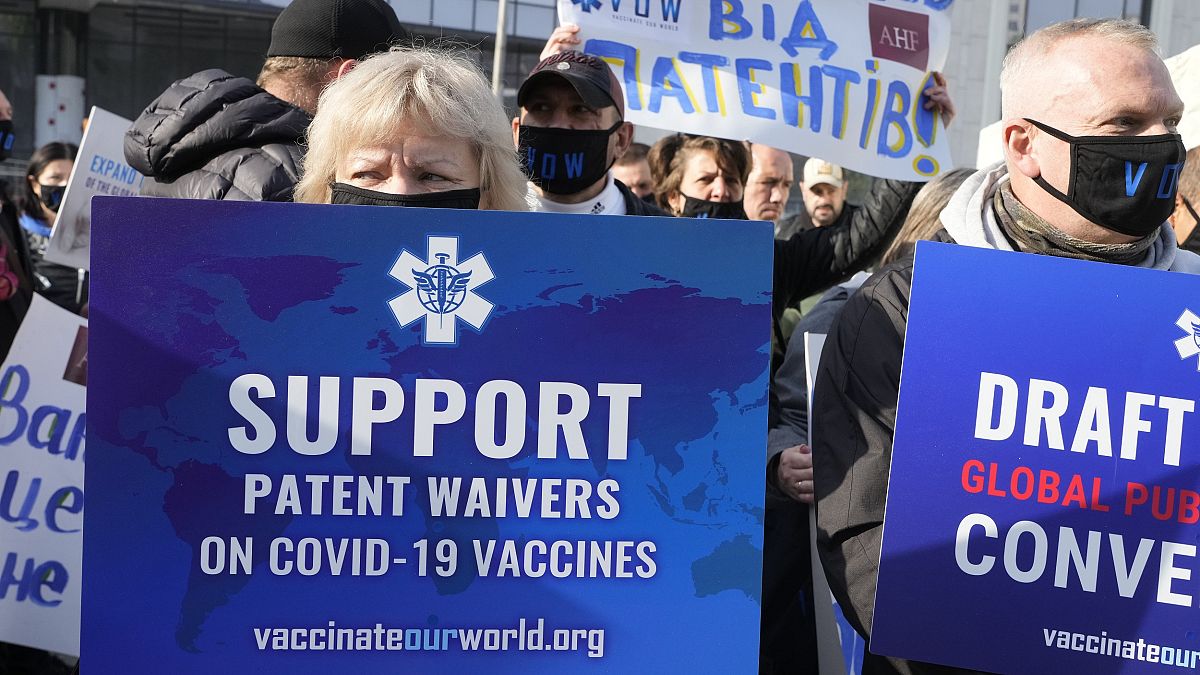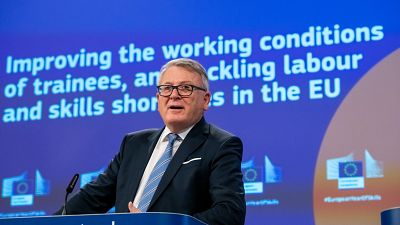An EU-wide mechanism to override IP rights to deliver live-saving medicines during crises will prove tricky to enforce if amendments proposed by MEPs are retained, intellectual property rights experts warn.
European lawmakers will seek stronger protection for trade secrets of pharmaceutical companies in talks with EU ministers on new compulsory licensing legislation after a plenary vote on their negotiating mandate held this week.
New rules were proposed by the European Commission in April to give the bloc a single instrument for compulsory licensing. Negotiations to approve the final legislative text will start once EU ministers will finalise their own amendments to the commission’s proposal.
Governments may grant compulsory licenses in exceptional circumstances allowing use of protected inventions such as pharmaceuticals without patent-owners' consent.
The World Trade Organisation’s agreement on intellectual property - known as TRIPS - covers compulsory licensing, but its application within the bloc proved fragmented during the coronavirus pandemic.
For this reason, the initiative currently discussed by European lawmakers aims to give new powers for the EU executive to issue compulsory licenses to ensure that critical technologies can be easily applied throughout the bloc during crises.
Ahead of inter-institutional talks, MEPs agreed to strengthen the rights of patent holders by voting on a set of amendments in Strasbourg on Wednesday (13 March) that will grant the commission compulsory licensing powers only in the event companies fail to reach voluntary agreements to lift their patents.
This was necessary to strike “a delicate balance between innovation and access to essential goods in times of crisis”, according to parliament rapporteur Adrián Vázquez Lázara (Spain/Renew).
However, sector experts cast doubt on the development.
“Some of the provisions are really breakthrough, but some changes and twists make [the new compulsory licensing rules] unworkable,” said Olga Gurgula, senior lecturer at the Brunel University London.
Criticism on IP protection
Ellen ‘t Hoen, intellectual property lawyer and public health advocate, echoed Gurgula's concerns, saying that the parliament’s position “would make the regulation nearly impossible to work”.
She referred to an amendment making granting compulsory licenses conditional on the EU executive identifying the IP rights-holders.
“There is no requirement whatsoever in the international law to do it,” she told Euronews, pointing out that such a cumbersome task could be almost impossible to carry out as multiple patents – sometimes in the hundreds – are linked to a single technology.
Such an “ill-informed amendment” will put the EU at a disadvantage in critical times, she said, adding: “No one wants to issue compulsory licenses non-stop: You just want to have the possibility to do it when it is necessary.”
Meanwhile EU biotech association EuropaBio criticised the parliament position saying that it carried risks for biotech companies seeking to protect their innovations.
“As a global race is underway to leverage the full potential of biotechnology for people and the planet, this sends the wrong message to biotechnology innovators worldwide,” said EuropaBio director general Clarie Skentelbery.
Export ban
An explicit prohibition on export of products produced under the EU’s new compulsory licensing scheme was also criticised.
This is a “serious failure of this document” and will have detrimental effects during emergencies such as pandemics or wars, in particular with EU candidate countries such as Ukraine, Moldova, and Georgia, according to Gurgula.
“Before Ukraine will join the EU, the EU will not be able to support Ukraine with life-saving medicines because all the supply will be to be directed toward the internal market,” she said.
“It is disappointing and incomprehensible that the parliament maintains an export prohibition that serves neither the EU nor the rest of the world,” said Dimitry Eynikel from Médecins Sans Frontières (MSF).
He hoped that the council would lift the prohibition to allow for effective crisis response.



